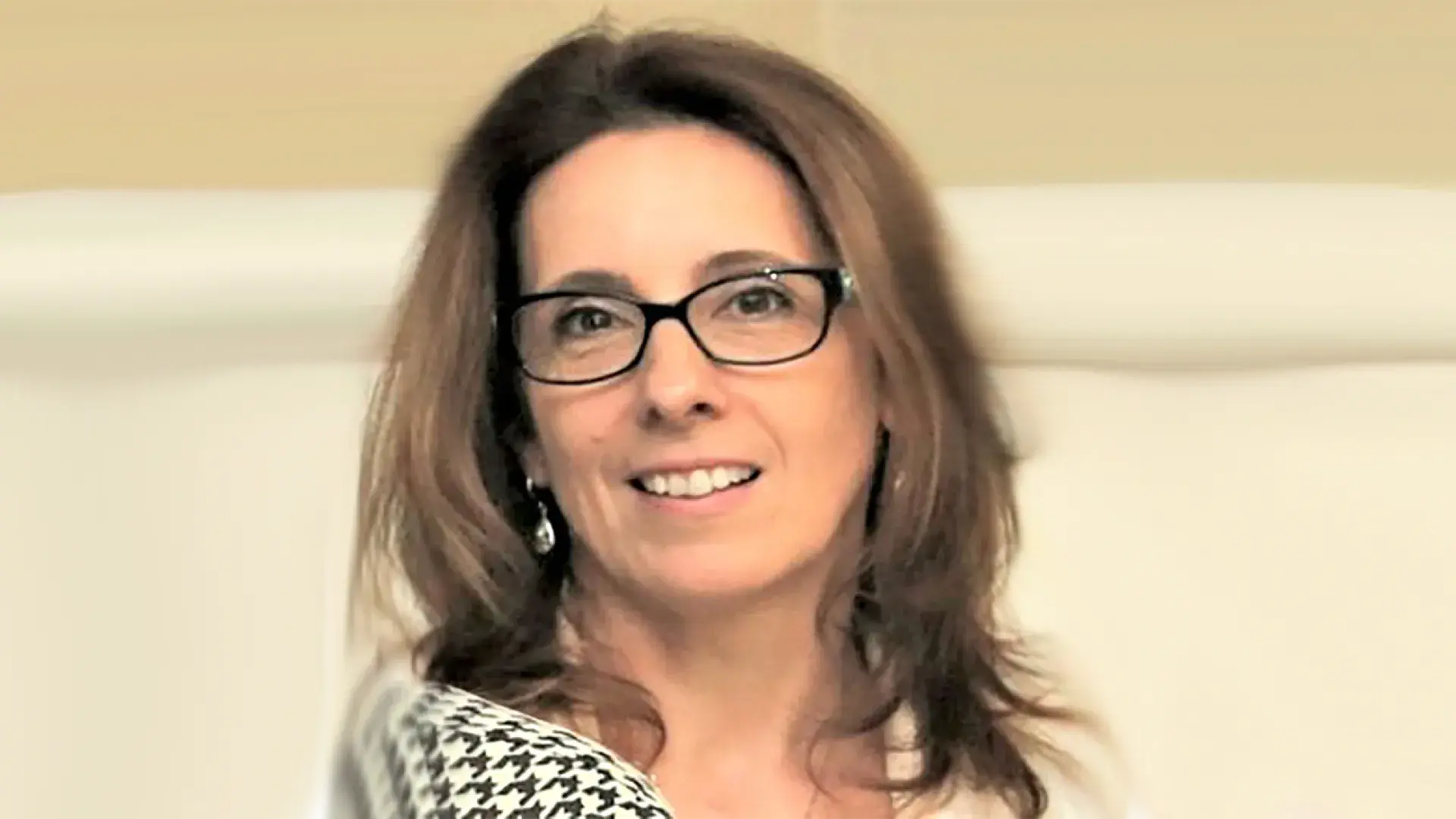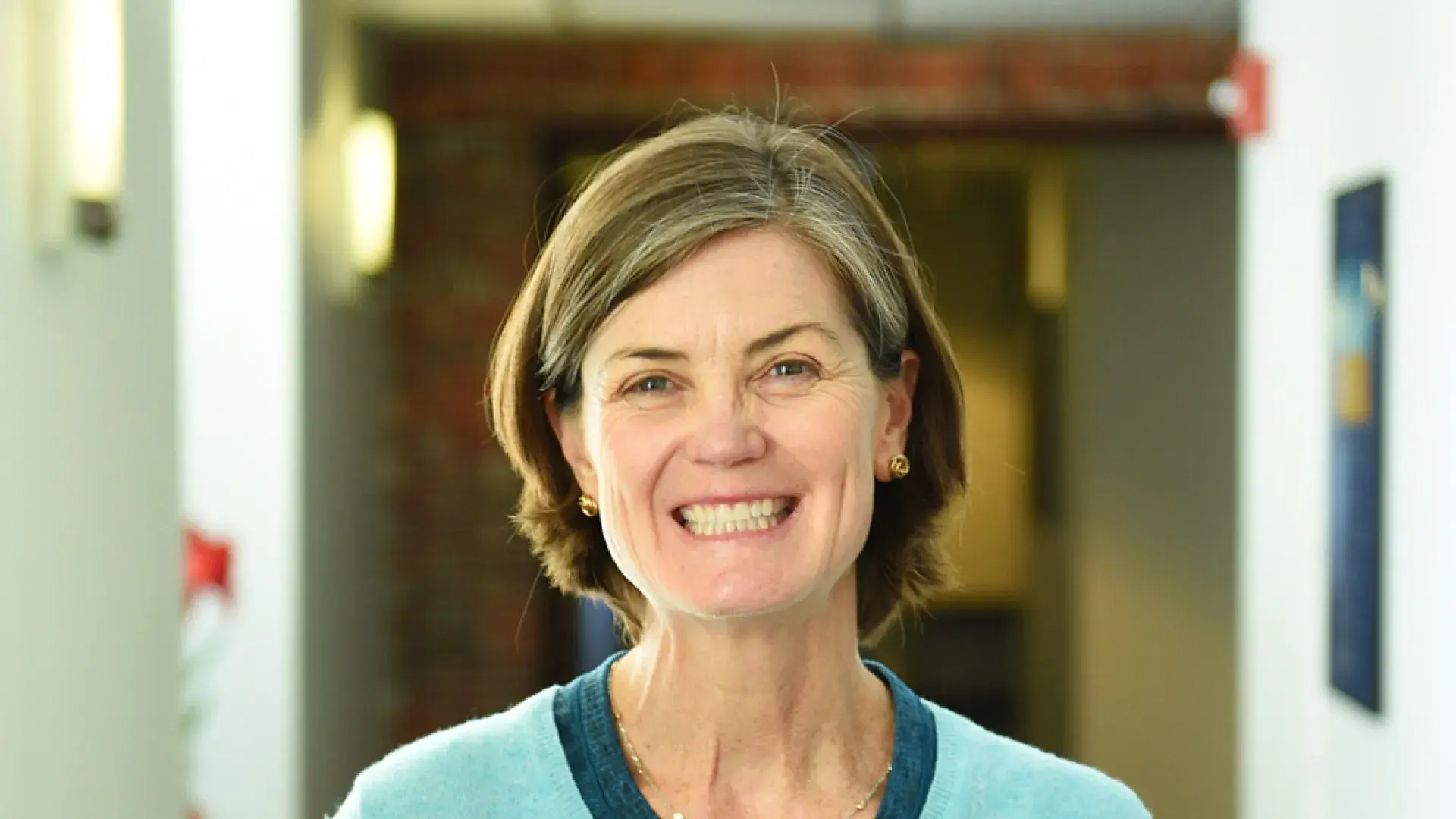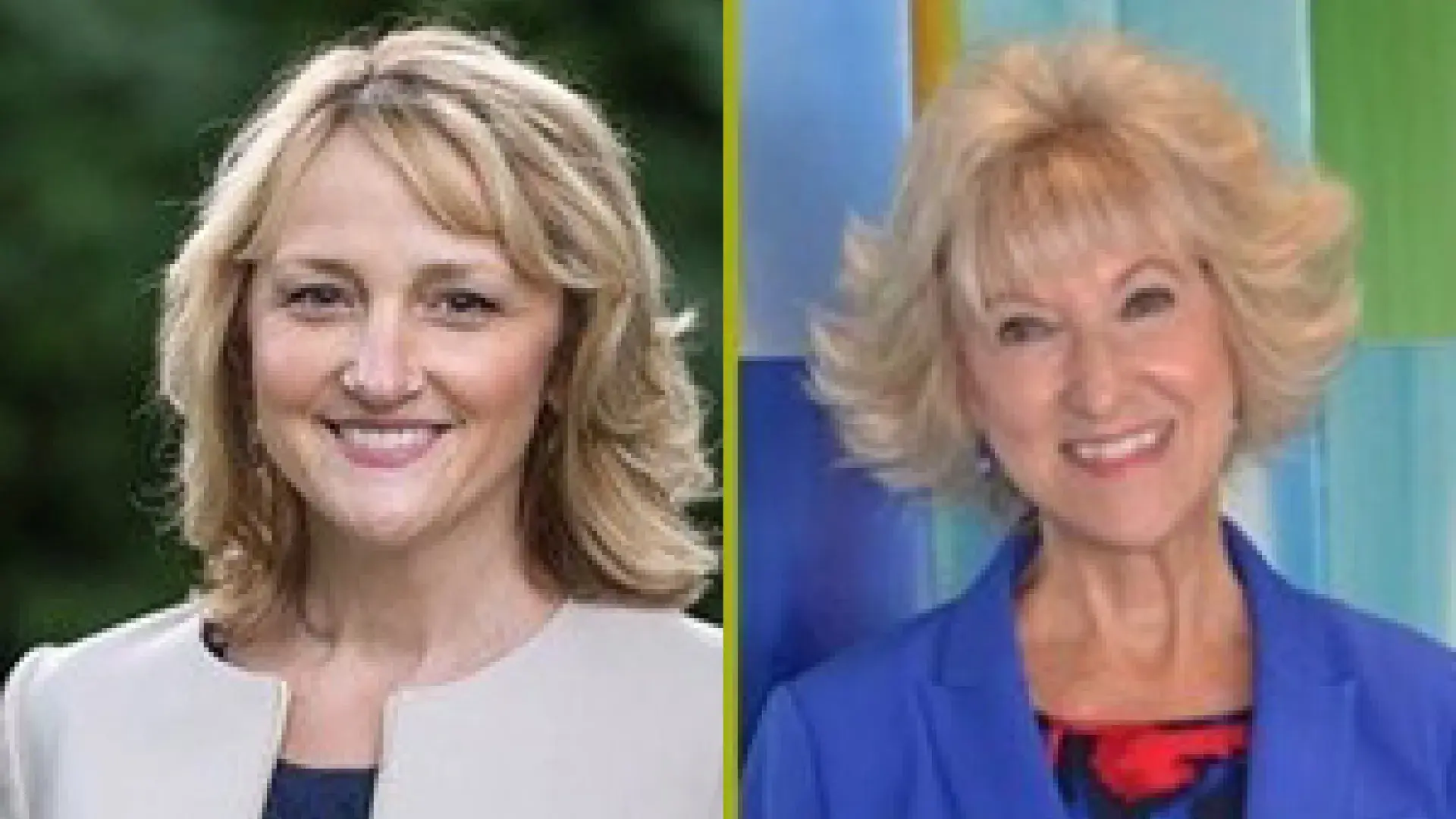
Michelle Dearborn, a nurse manager at Beverly Hospital, felt her career was stalled until she read about a new pilot program at the MGH Institute last spring.
Designed for nurse leaders like Dearborn who want to grow their leadership practice, “Raising Your Leadership Impact” sounded like something that could get her out of a career rut. “The program really spoke to me,” she said. “The content was laser-focused to what I needed to become a more effective nurse leader.”
It wasn’t just the content that made the program so appealing to Dearborn, however: it also was the promise of camaraderie, leadership, and support of fellow students, faculty, and executive coaches that made the program exceptional: “I saw it as being participatory, engaging, and a type of learning I thought would really make a difference in my job. I mean, who wouldn’t like a program like this?”
Yet just days after the program began in March 2020, it was a victim of a statewide COVID-19 shutdown. Most of the nurses who registered were now on the front lines of the pandemic. “They went right back into the hospitals and became focused on the pandemic,” said Elizabeth Cox, the IHP’s associate director of Continuing and Professional Development.


